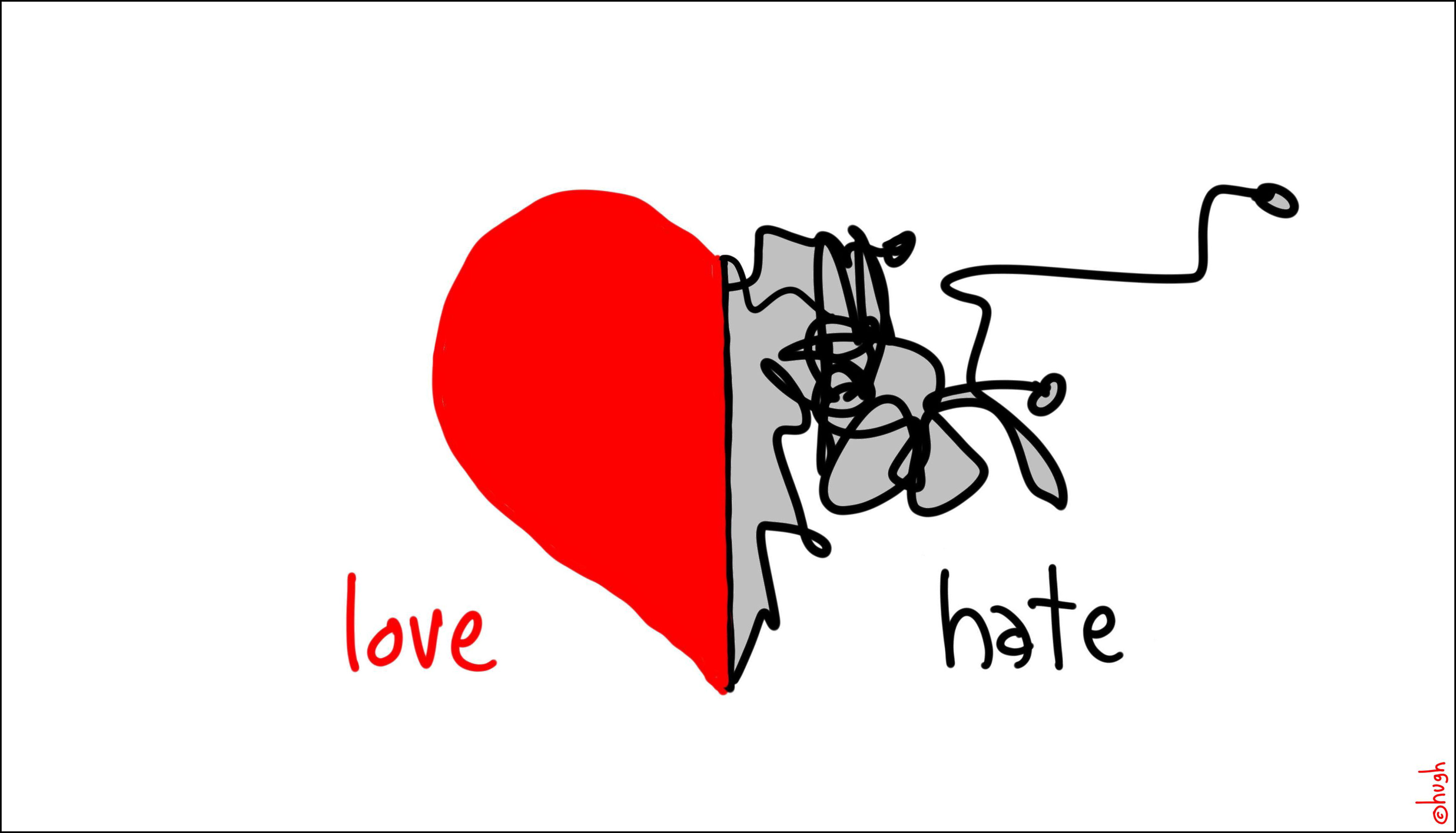
From safaribooksonline.com “Competition in Workplace”
The importance of ethics has become increasingly pronounced over the past few decades as high profile cases of well-known corporations being guilty of making unethical decisions have sent shockwaves across the general public. For instance, at Wells Fargo, employees secretly created millions of unauthorized and fake credit card accounts in order to achieve their performance results. Furthermore, clothing manufacturers such as Nike and Under Armour are frequently criticized for establishing sweatshops in third-world countries in order to take advantage of cheap labour. As a result, a lot of attention has turned to behavioural ethics in order to understand exactly why unethical acts are committed by organizations.
In the textbook, the “broken window theory” was introduced to show how superficial aspects of an environment, such as outward displays of wealth and status, can affect ethical behaviour in organizations. That is, if signs of status and money are frequently present in a company’s culture, an employee is more likely to be swayed into pursuing wealth and status at the expense of thoroughly considering ethical standards. While I completely agree with the logic behind this theory, I do not believe it accurately explains how wealth and status often emerges as a more important factor in an organization’s culture to end up influencing unethical acts.
By stating that “outward” displays of wealth and status is the root cause of facilitating an unethical culture, the theory is essentially saying that this only happens to organizations who have such kind of explicit superficial culture. However, what the theory fails to consider is that a lot of organizations do not actually have such kind of explicit superficial culture, but status and money can still influence employees to a high degree through implicit means. For instance, a recent blog post by the Harvard Business Review explored how cut-throat internal competition within an organization can easily cause employees to perform unethical acts if the competition causes employees to focus on an coveted bonus or public recognition.
Therefore, it is perfectly possible for an organization to have a humble environment, but still face the same issue of employees valuing money and status over ethical standards because competition within the organization is implicitly elevating the influence of such superficial aspects. Had it been me working at a cut throat organization such as Wells Fargo, I likely would have been pressured to do the same thing in order to meet my performance criterias even though I perfectly understand it is unethical. This is because at many modern workplaces, the mere existence of performance standards elicit fear and anxiety among employees to compete with each other in order to not be the one who gets laid off or humiliated, which leads to them committing unethical acts to survive.
Word Count: 449
Additional Citations:
1.Langton, Robbins, Judge, Organizational Behaviour, 7th edition, p. 434.


